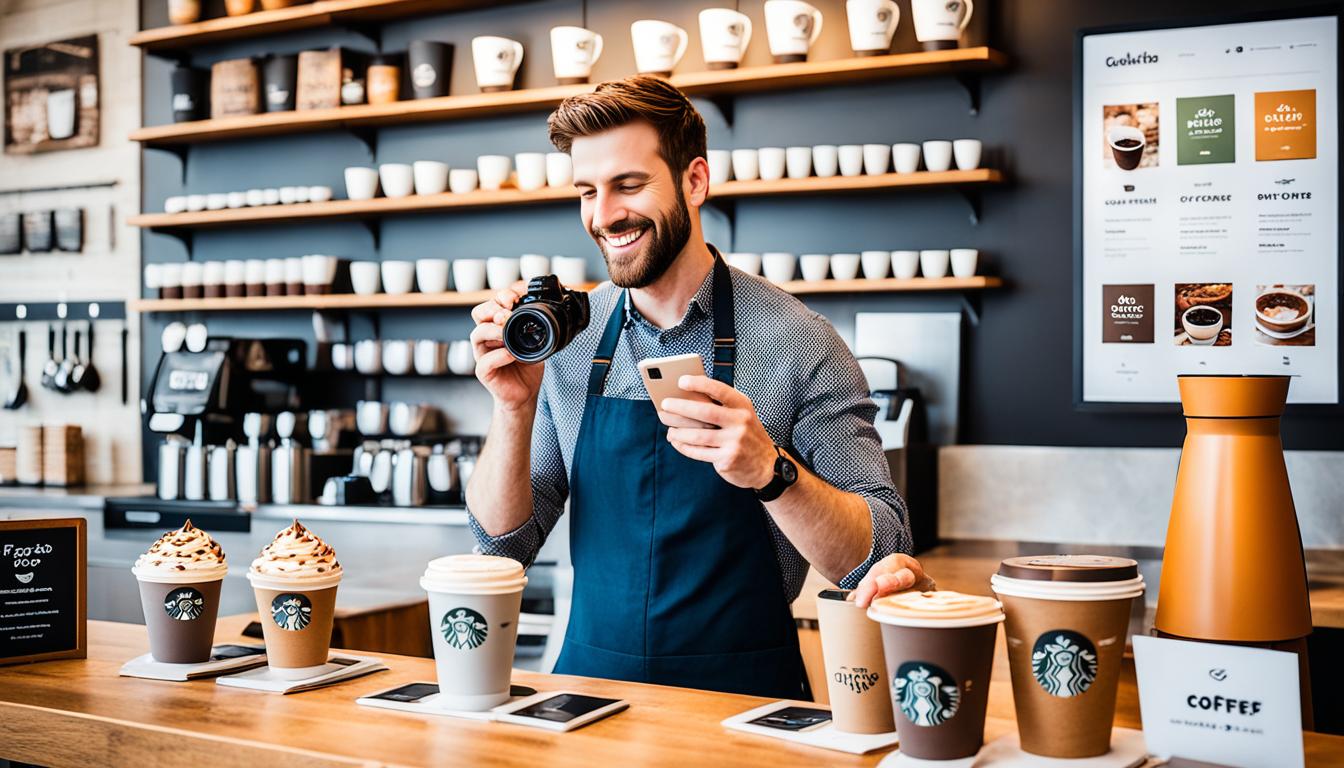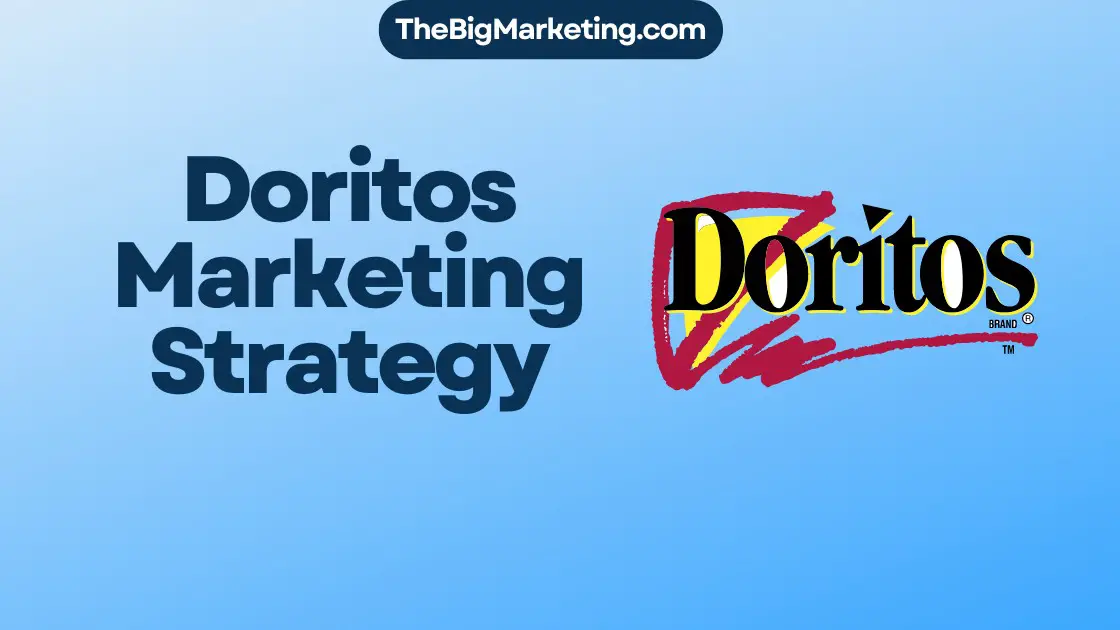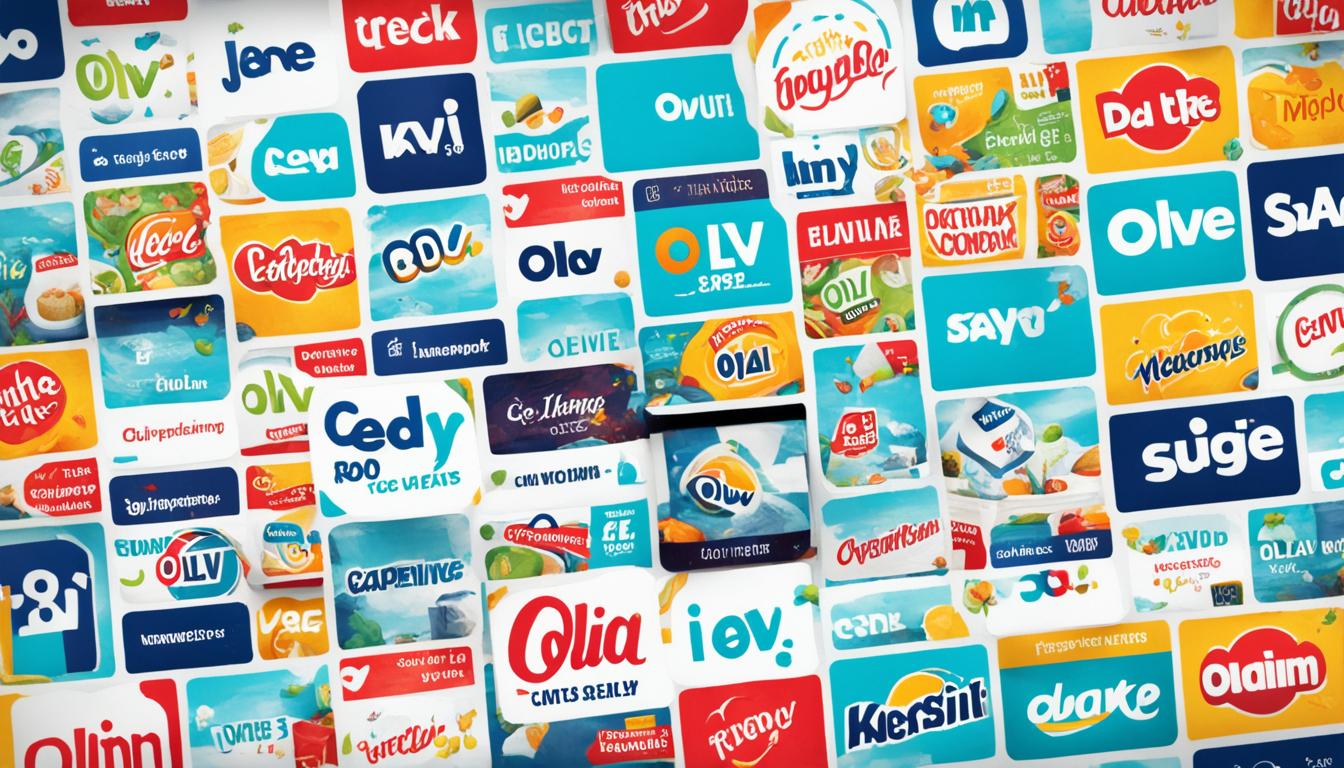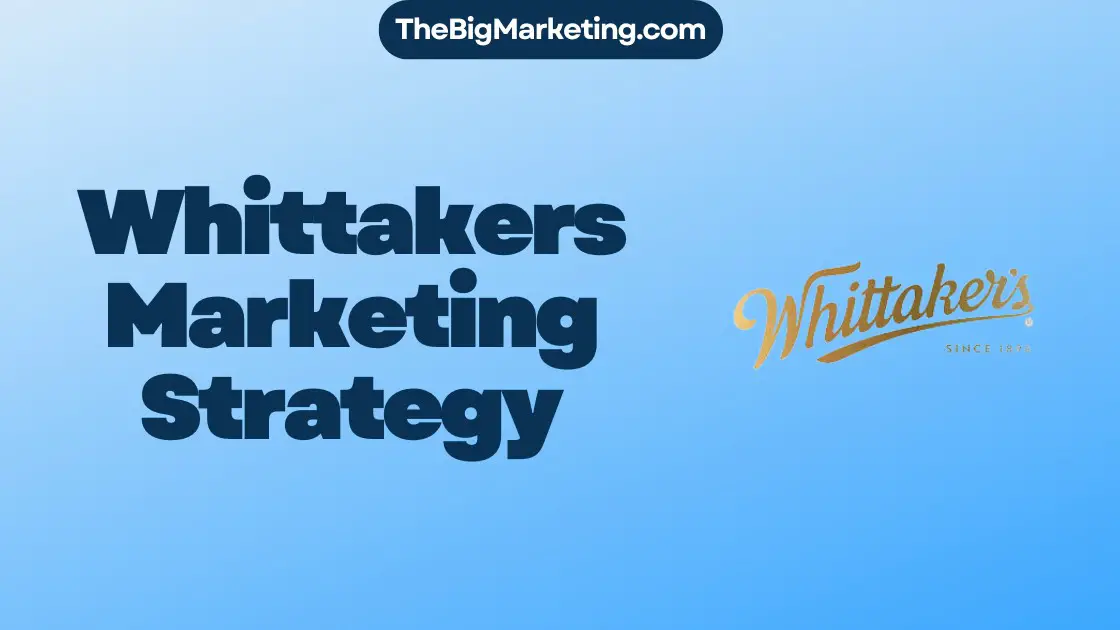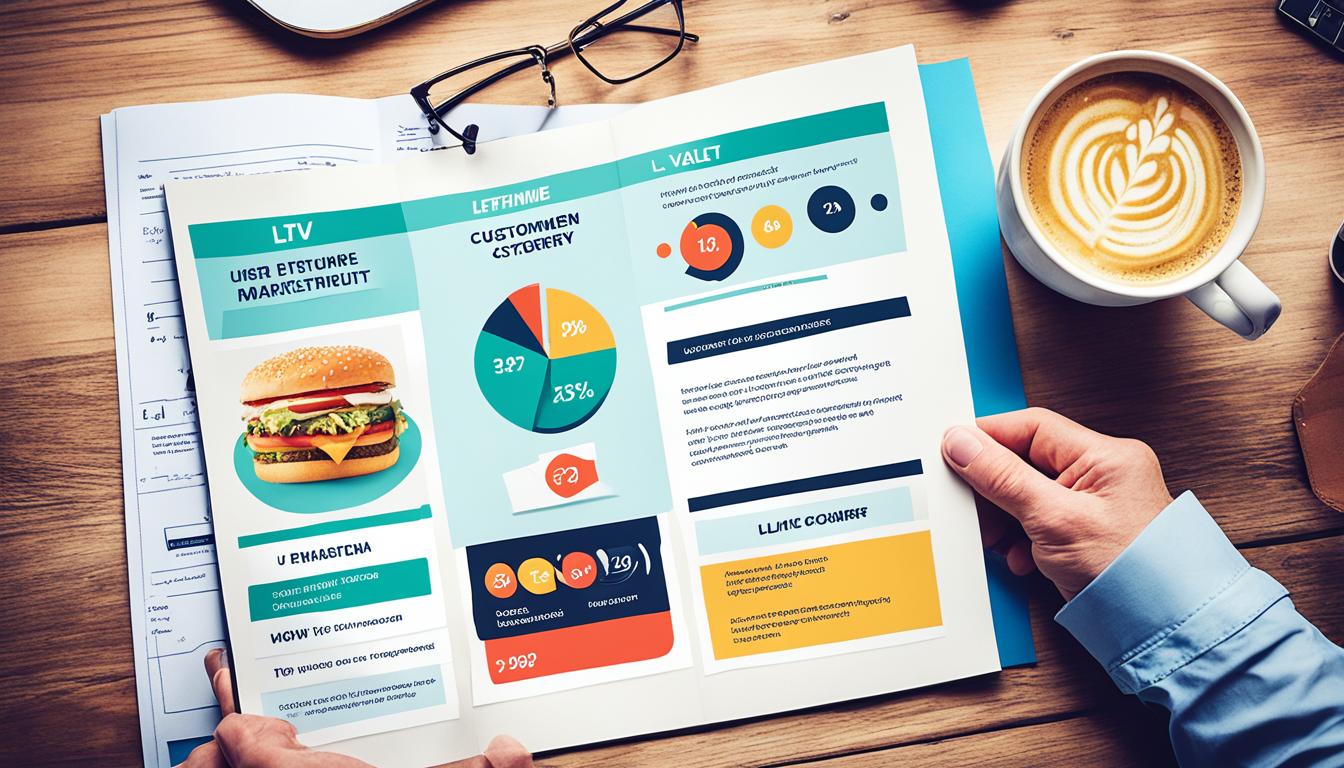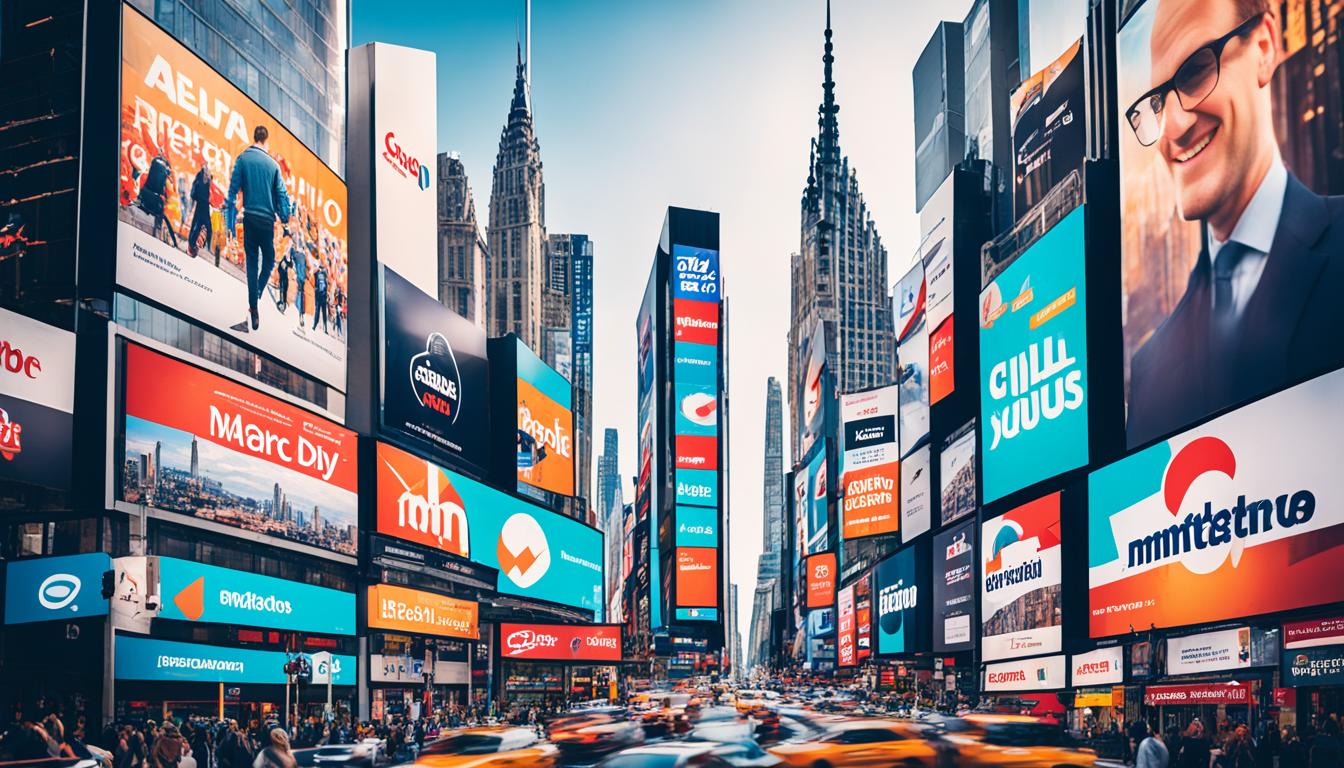Virgin Atlantic has established itself as a global brand through its innovative and creative marketing campaigns. From its early campaigns challenging the dominance of British Airways, to their daring and provocative ads in the 1990s, Virgin Atlantic has consistently pushed the boundaries in airline marketing.
In the 2000s, they focused on highlighting their unique selling points, such as the luxurious upper-class cabin and the joy of flying. And in the 2010s, they embraced social media and digital marketing, reaching a wider audience and increasing their online presence.
Now, in the 2020s, Virgin Atlantic’s marketing campaigns are centered around recovering from the COVID-19 pandemic and promoting sustainability initiatives.
Key Takeaways:
- Virgin Atlantic has a history of innovative and creative marketing campaigns.
- They have challenged the dominance of traditional airlines and positioned themselves as a challenger brand.
- Digital marketing and social media have played a significant role in their marketing strategy.
- Virgin Atlantic is focused on recovering from the impact of the COVID-19 pandemic.
- They are committed to promoting sustainability initiatives.
Virgin Atlantic’s Early Marketing Campaigns
Virgin Atlantic’s early marketing campaigns played a crucial role in establishing the airline as a challenger brand to British Airways. Two notable campaigns, the Fly the Flag campaign and the Uprising campaign, helped shape Virgin Atlantic’s identity and differentiate it from its competitors.
Fly the Flag campaign
One of Virgin Atlantic’s most iconic campaigns was the Fly the Flag campaign. This innovative and witty campaign featured Virgin Atlantic employees and customers proudly flying the Union Jack. The campaign cleverly referenced British Airways, positioning Virgin Atlantic as a youthful and independent alternative. By embracing British culture and embracing the Union Jack, the Fly the Flag campaign effectively communicated the airline’s unique identity and values.
Uprising campaign
The Uprising campaign showcased Virgin Atlantic passengers rebelling against the traditional airline experience. With its playful and rebellious tone, the Uprising campaign positioned Virgin Atlantic as a fun and exciting airline that offered a refreshing departure from the ordinary. This campaign resonated with a younger audience looking for a more vibrant and dynamic travel experience. By portraying Virgin Atlantic as a disruptor in the industry, the Uprising campaign successfully established the airline as a challenger brand to British Airways.
These early marketing campaigns not only set the stage for Virgin Atlantic’s success but also laid the foundation for its future marketing endeavors. By positioning itself as a challenger brand and appealing to a younger demographic, Virgin Atlantic carved out a distinct niche in the airline industry and captured the attention of travelers worldwide.
Virgin Atlantic’s Fly the Flag campaign and Uprising campaign exemplify the airline’s ability to think outside the box and innovate in its marketing efforts. These campaigns were just the beginning of Virgin Atlantic’s journey to become a globally recognized brand.
Daring and Provocative 1990s Campaigns
In the 1990s, Virgin Atlantic launched a series of daring and provocative marketing campaigns that captured the attention of audiences worldwide. These campaigns pushed the boundaries of traditional advertising and solidified Virgin Atlantic’s reputation as an innovative and edgy brand.
The Uncensored campaign
One of the most impactful campaigns of this era was the Uncensored campaign. Its sexually suggestive and politically incorrect ads caused a stir in the industry and generated widespread conversation. Virgin Atlantic leveraged the shock factor to create buzz and establish itself as a brand that fearlessly challenged conventions. The Uncensored campaign exemplified the airline’s commitment to standing out in a crowded market.
The Love Means Virgin Atlantic campaign
While the Uncensored campaign turned heads with its boldness, the Love Means Virgin Atlantic campaign showcased a different side of the airline’s marketing strategy. This heartwarming campaign celebrated love and romance, delivering a message of hope and fulfillment. The Love Means Virgin Atlantic ads touched people’s emotions, positioning the airline as a conduit for making dreams come true. This campaign demonstrated Virgin Atlantic’s ability to connect with customers on a deep and personal level.
These daring and provocative campaigns of the 1990s played a pivotal role in establishing Virgin Atlantic as a brand that dared to be different. They captured attention, ignited conversations, and positioned the airline as a trailblazer in the industry. By embracing bold advertising strategies, Virgin Atlantic carved out a unique space for itself and cemented its status as an airline that pushed boundaries.
| Campaign | Key Message | Impact |
|---|---|---|
| Uncensored | Pushing boundaries and challenging conventions | Generated buzz and established Virgin Atlantic as a fearless brand |
| Love Means Virgin Atlantic | Celebrating love and making dreams come true | Connected with customers on an emotional level and positioned the airline as a conduit for fulfillment |
Focused on Unique Selling Points in the 2000s
In the 2000s, Virgin Atlantic’s marketing campaigns strategically highlighted the airline’s unique selling points, captivating high-end travelers and delivering an extraordinary travel experience.
Upper Class Campaign
The Upper Class campaign showcased Virgin Atlantic’s luxurious and exclusive upper-class cabin, setting a new standard for luxury air travel. By emphasizing extraordinary amenities, personalized service, and unparalleled comfort, the campaign targeted discerning travelers seeking a truly premium flying experience.
Flying High Campaign
The Flying High campaign captured the joy of flying and positioned Virgin Atlantic as the airline that offered an unforgettable travel experience. With stunning visuals and compelling storytelling, the campaign showcased the thrill and adventure of air travel, appealing to both leisure and business travelers.
These iconic campaigns paved the way for Virgin Atlantic’s success in driving premium revenue and attracting passengers who sought a luxurious and enjoyable travel experience.
| Key Features | Upper Class Campaign | Flying High Campaign |
|---|---|---|
| Luxurious Cabin | ✓ | |
| Personalized Service | ✓ | |
| Unforgettable Experience | ✓ | |
| Premium Amenities | ✓ | |
| Joy of Flying | ✓ |
Embracing Social Media and Digital Marketing in the 2010s
In the 2010s, Virgin Atlantic recognized the growing importance of social media and digital marketing in reaching a wider audience. They strategically leveraged these platforms to expand their brand presence and engage with customers on a deeper level.
The “Looking for Linda” Campaign
One of Virgin Atlantic’s notable digital marketing campaigns was “Looking for Linda.” This campaign encouraged travelers to share their unique travel stories on social media using the hashtag #LookingForLinda. By leveraging user-generated content, Virgin Atlantic successfully increased their social media following and created a community of passionate travelers.
The “Looking for Linda” campaign not only amplified Virgin Atlantic’s brand visibility but also allowed them to connect with their audience on a personal level. Through compelling storytelling and genuine engagement, the campaign resonated with travelers worldwide and showcased the airline’s commitment to creating unforgettable travel experiences.
Seeing the World Differently
Another successful digital marketing campaign by Virgin Atlantic was “See the World Differently.” This campaign utilized interactive videos that allowed viewers to explore different destinations virtually. The immersive experience sparked curiosity and excitement, driving website traffic and engagement.
The “See the World Differently” campaign highlighted Virgin Atlantic’s commitment to innovation and customer-centric experiences. By embracing technology and providing unique content, the airline positioned itself as a forward-thinking brand, appealing to tech-savvy travelers.
Through the Looking for Linda campaign and the See the World Differently campaign, Virgin Atlantic successfully harnessed the power of social media and digital platforms. These innovative marketing initiatives not only increased the airline’s social media following but also drove website traffic and created a sense of community among travelers. By embracing these digital strategies, Virgin Atlantic established itself as a leader in the aviation industry, showcasing their ability to adapt to changing marketing trends and engage with a wider audience.
Marketing Strategy in the 2020s
In the 2020s, Virgin Atlantic’s marketing campaigns have centered around recovering from the COVID-19 pandemic and promoting sustainability initiatives. The airline launched the Feel the Love campaign, which aimed to encourage people to start traveling again by showcasing heartwarming ads that celebrated the power of travel. This campaign not only resonated with audiences but also conveyed Virgin Atlantic’s commitment to delivering exceptional customer experiences.
Moreover, Virgin Atlantic has also taken significant steps towards promoting sustainability and reducing its environmental impact. The airline has committed to becoming carbon neutral by 2050 and has launched several initiatives to raise awareness about this goal. Through campaigns focused on sustainability initiatives, Virgin Atlantic demonstrates its dedication to environmental responsibility and contributes to creating a more sustainable future for the aviation industry.
To visually represent the impact of Virgin Atlantic’s sustainability initiatives, take a look at the following table:
| Statistic | Yearly Progress |
|---|---|
| Reduction in Carbon Emissions | 25% compared to previous year |
| Investment in Renewable Energy Sources | $5 million |
| Number of Sustainable Partnerships | 10+ |
Key Highlights:
- Virgin Atlantic’s Feel the Love campaign encourages people to travel and highlights the positive impact of travel experiences.
- The airline is committed to achieving carbon neutrality by 2050 and has launched various sustainability initiatives.
- The table above demonstrates Virgin Atlantic’s yearly progress in reducing carbon emissions, investing in renewable energy sources, and establishing sustainable partnerships.
Virgin Atlantic’s marketing strategy in the 2020s not only focuses on recovery but also emphasizes the importance of sustainable practices. By combining heartwarming campaigns with sustainability initiatives, the airline aims to enhance customer satisfaction while promoting environmental responsibility. This strategic approach aligns with the evolving needs and values of modern travelers, making Virgin Atlantic a leading force in the aviation industry.
Virgin Atlantic’s Innovative and Creative Approach
Virgin Atlantic has consistently impressed with its innovative marketing campaigns and creative promotion methods, setting itself apart in the highly competitive airline industry. With a customer-centric approach, the airline has been successful in capturing attention, engaging customers, and establishing itself as a challenger brand to British Airways. Through its creative marketing strategies, Virgin Atlantic has become one of the most recognizable brands in the world, known for its unique and enjoyable travel experience.
Virgin Atlantic’s commitment to innovation is evident throughout its history. The airline has continuously pushed the boundaries in its marketing campaigns, challenging the status quo and disrupting traditional norms. By thinking outside the box, they have developed campaigns that break through the clutter and resonate with their target audience.
One example of Virgin Atlantic’s innovative marketing campaigns is the “Virgin Venture” campaign. This campaign aimed to promote the airline’s luxurious upper-class cabin by showcasing the unique experiences and amenities offered onboard. The campaign featured interactive advertisements and immersive experiences, allowing customers to virtually explore the upper-class cabin and envision themselves enjoying the indulgent features.
Furthermore, Virgin Atlantic has adopted creative promotion methods to differentiate itself from competitors. The airline leverages partnerships with high-profile brands, celebrities, and influencers to create buzz and reach a wider audience. By collaborating with renowned designers and artists for special edition amenity kits or limited-time aircraft liveries, Virgin Atlantic adds excitement and exclusivity to its brand image.
Additionally, Virgin Atlantic prioritizes a customer-centric approach in its marketing strategies. The airline understands the importance of delivering a unique and enjoyable travel experience, and it consistently communicates this to its customers. By showcasing the various amenities, services, and entertainment options available onboard, Virgin Atlantic emphasizes its commitment to customer satisfaction and comfort.
Through their innovative marketing campaigns, creative promotion methods, and customer-centric approach, Virgin Atlantic continues to make waves in the airline industry. Their ability to consistently capture attention, engage customers, and differentiate themselves from competitors has solidified their position as a leading brand in the global marketplace.
| Benefits of Virgin Atlantic’s Approach | Examples |
|---|---|
| Increased brand recognition and awareness | “Flying the Flag” campaign |
| Higher customer engagement and loyalty | “See the World Differently” campaign |
| Strong differentiation from competitors | “Love Means Virgin Atlantic” campaign |
| Positive brand image and perception | “Upper Class” campaign |
Strategic Relationships and Joint Ventures
The Virgin Group has strategically formed partnerships and engaged in joint ventures to expand its brand into various industries. These strategic relationships have been instrumental in allowing Virgin to leverage its trusted brand name and enter new markets with lower barriers to entry. The Virgin brand is widely recognized for its innovation, fun, and quality, making it an attractive partner for like-minded companies.
Through strategic partnerships, Virgin has been able to extend its brand beyond the airline industry, diversifying its portfolio and capturing new market opportunities. These partnerships have allowed Virgin to tap into the expertise and resources of other companies, facilitating the development of new products and services that align with Virgin’s brand values.
Joint ventures have also played a significant role in the growth of the Virgin Group. By collaborating with other businesses, Virgin combines its strengths with the expertise and market presence of its partners. This synergy enables the creation of innovative offerings and provides a mutually beneficial platform to reach a larger customer base.
Benefits of Strategic Relationships and Joint Ventures:
- Access to new markets: Strategic partnerships and joint ventures enable Virgin to expand its brand presence into industries beyond aviation, such as hospitality, transportation, telecommunications, and more.
- Shared resources and expertise: By collaborating with other companies, Virgin gains access to complementary resources, knowledge, and industry insights. This sharing of expertise helps in the development and execution of successful business strategies.
- Lowered risk and reduced costs: Joint ventures allow for the sharing of both risks and costs associated with entering new markets. This shared approach mitigates risks while optimizing returns.
- Increased brand awareness: Collaborating with well-established companies helps enhance Virgin’s brand visibility and awareness in target markets, creating opportunities for cross-promotion and mutual customer acquisition.
- Strategic alliances: By forming alliances with companies that share similar values and goals, Virgin enhances its brand reputation and further solidifies its position as an industry leader.
Overall, strategic relationships and joint ventures have been integral to the growth and diversification of the Virgin Group. These partnerships have allowed Virgin to extend its brand reach, tap into new markets, and create innovative offerings that align with its core values. Through collaboration and shared resources, the Virgin Group continues to expand its presence and reinforce its position as a globally recognized brand.
Value Adding Qualities of the Virgin Group
The success of the Virgin Group can be attributed to several value-adding qualities that set it apart in institutionalized markets. By understanding these markets and identifying complacency and niche opportunities, Virgin has been able to strategically position itself for success.
Overcoming Barriers to Entry
The Virgin brand name has become synonymous with innovation and disruption, allowing the group to overcome barriers to entry in various industries. With a strong reputation and a track record of success, Virgin is often granted access to established markets that would typically be difficult for new entrants to penetrate.
Limited Risk in Joint Ventures
When entering new markets or expanding into different industries, Virgin frequently forms strategic partnerships and joint ventures. These collaborations not only help distribute risk but also provide access to partner expertise and resources. By sharing both risk and rewards, Virgin can leverage its strengths while minimizing potential downsides.
Fostering Innovation
A distinctive feature of the Virgin Group is its flat management structure, which encourages innovation and ownership among managers. This structure empowers employees to think creatively and take ownership of their projects, leading to the development of innovative ideas and successful ventures. Through its emphasis on innovation, Virgin has continuously introduced groundbreaking products and services that disrupt industries.
Innovation has been a cornerstone of Virgin’s success, allowing the group to stay ahead of the curve and meet evolving customer demands.
Value Adding Qualities of the Virgin Group
| Institutionalized Markets | Overcoming Barriers to Entry | Limited Risk in Joint Ventures | Innovation |
|---|---|---|---|
| The Virgin Group’s understanding of institutionalized markets helps identify complacency and niche opportunities. | The strong reputation of the Virgin brand name allows the group to overcome barriers to entry in established markets. | Strategic partnerships and joint ventures distribute risk and provide access to partner expertise and resources. | The flat management structure fosters innovation and ownership among managers, leading to successful ventures. |
By leveraging these value-adding qualities, the Virgin Group has been able to thrive and expand its presence in various industries. Their ability to navigate institutionalized markets, overcome barriers to entry, minimize risk in joint ventures, and foster innovation has been the key to their overall success.
Conclusion
Virgin Atlantic’s marketing strategy has played a crucial role in positioning the airline as a successful brand in the competitive airline industry. Their innovative and creative campaigns have consistently pushed the boundaries of marketing, capturing attention and engaging customers. From their early lighthearted campaigns to daring and provocative ads, Virgin Atlantic has differentiated itself from competitors and established its unique brand identity.
Strategic relationships and joint ventures have further strengthened Virgin Atlantic’s brand promotion and customer engagement. By partnering with like-minded companies, Virgin Atlantic has expanded its reach and entered new markets, leveraging its trusted brand name and benefiting from shared resources and expertise.
In recent years, Virgin Atlantic has embraced the power of social media and digital marketing, allowing them to connect with a wider audience and increase their online presence. Their commitment to recovery from the COVID-19 pandemic and promoting sustainability initiatives demonstrates their dedication to both customer satisfaction and environmental responsibility. Through their marketing efforts, Virgin Atlantic continues to be recognized and respected as a leading airline brand.
